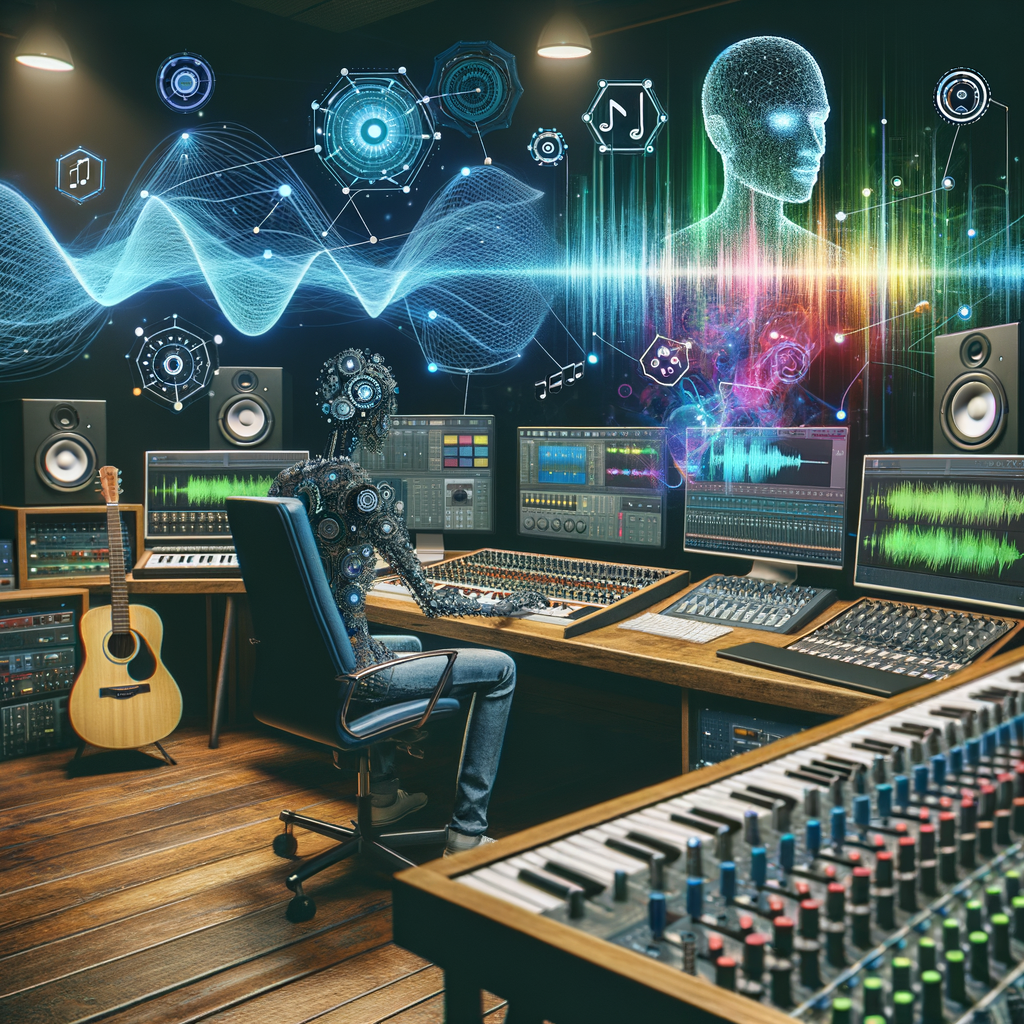In the ever-evolving landscape of music and sound design, machine learning is emerging as a groundbreaking force that’s reshaping how we create, manipulate, and experience audio! Imagine algorithms that can generate unique sound effects, predict musical compositions, and enhance audio production with unprecedented precision. The intersection of artificial intelligence and audio engineering is no longer a distant dream—it’s happening right now, and it’s changing everything we know about sound creation.
Understanding Machine Learning in Audio Technology
Machine learning has revolutionized sound production by transforming how we create, manipulate, and understand audio technologies. At its core, machine learning represents a sophisticated approach to analyzing and generating sound through complex neural networks. Unlike traditional audio techniques, AI-powered methods can learn intricate patterns and nuances that were previously impossible to replicate manually.
The fundamental principles of neural networks in audio processing involve deep learning algorithms that can recognize, predict, and generate sound patterns with remarkable precision. For instance, these systems can analyze thousands of musical compositions to understand complex harmonic relationships.
Machine Learning Techniques for Sound Effect Generation
Generative adversarial networks (GANs) have emerged as a groundbreaking technique in sound design. By creating competitive neural network architectures, these systems can generate incredibly realistic and unique sound textures. Imagine a video game sound designer using AI to create ambient environmental sounds that adapt dynamically to gameplay scenarios.
Algorithmic approaches now enable sound designers to explore previously unimaginable sonic landscapes, generating textures that blend organic and synthetic elements seamlessly. Companies like Native Instruments have already begun implementing machine learning techniques to expand creative possibilities in sound design.
AI-Driven Music Composition and Production
Machine learning models have dramatically transformed music composition by generating sophisticated melodies and harmonic structures. These AI systems can analyze vast musical databases, learning complex compositional techniques from classical symphonies to contemporary electronic music.
Automated arrangement and orchestration techniques now allow musicians to collaborate with AI, creating hybrid workflows where human creativity meets computational precision. Platforms like OpenAI’s Jukebox demonstrate how machine learning can generate entire musical compositions that capture nuanced emotional expressions.
Challenges and Ethical Considerations in AI Audio
Despite tremendous technological advances, significant challenges remain in AI audio generation. Copyright complexities arise when determining ownership of AI-generated sounds, blurring traditional intellectual property boundaries. Musicians and sound designers must navigate these emerging legal and creative landscapes carefully.
Preserving human creativity remains paramount, ensuring that machine learning serves as a collaborative tool rather than a replacement for human artistic expression. Technical limitations and potential biases in machine learning models underscore the importance of thoughtful, ethical implementation of these powerful technologies.
Conclusion
Machine learning is not replacing human creativity in sound production—it’s augmenting and expanding our creative possibilities! As these technologies continue to evolve, musicians, sound designers, and audio professionals will have unprecedented tools to explore new sonic landscapes. The future of sound is collaborative, intelligent, and incredibly exciting.

